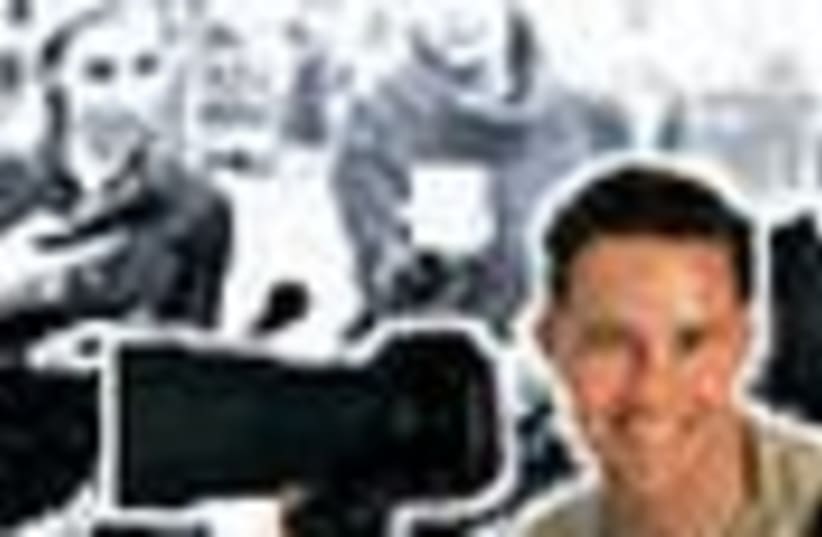| More about: | Kurdistan, Massoud Barzani, Jalal Talabani, Kurdistan Regional Government |
Reporters on the Job: In Uncle Jalal's Kurdistan
Jerusalem Post reporters shed light on their experiences in bringing you the headlines.


| More about: | Kurdistan, Massoud Barzani, Jalal Talabani, Kurdistan Regional Government |